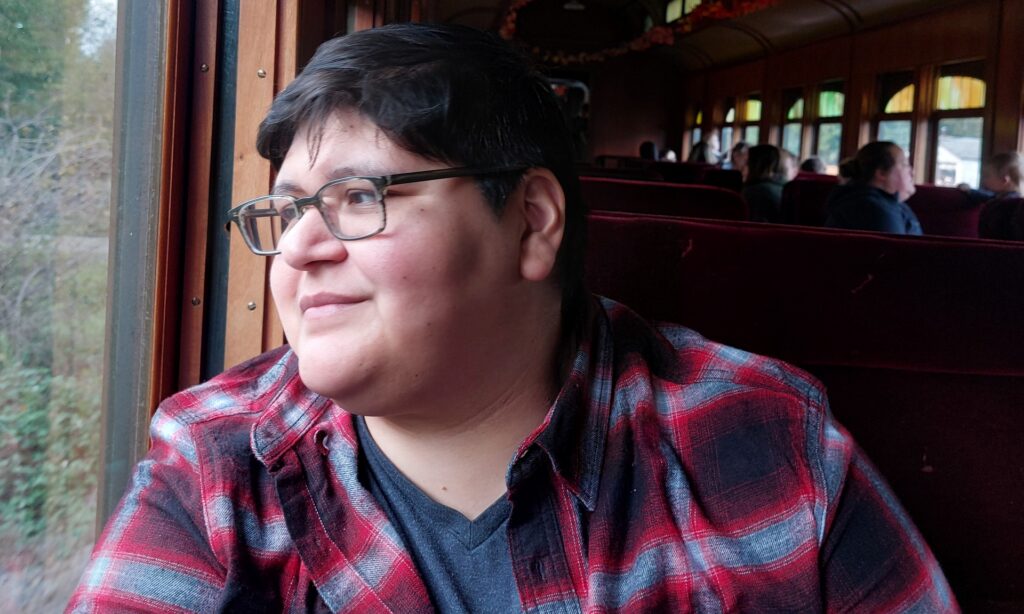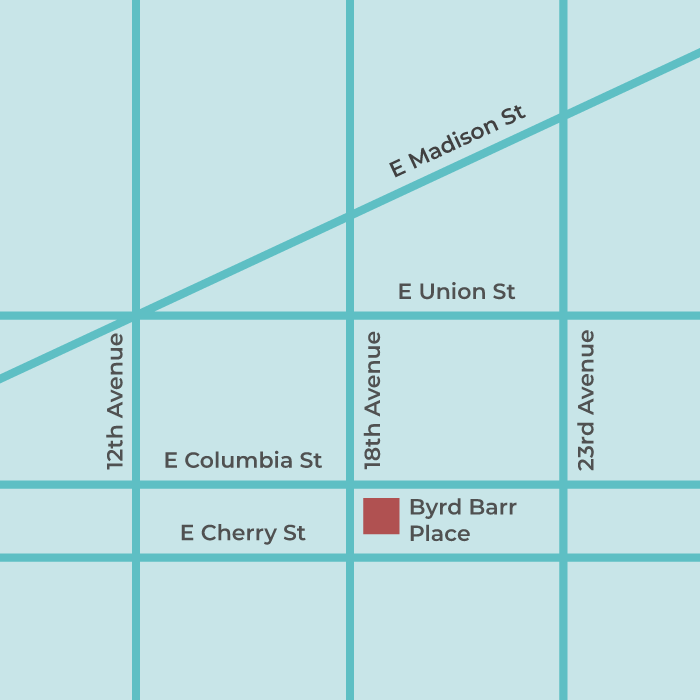“In a perfect world, my job wouldn’t exist.”
It was a pleasure to sit down with Sarah Mestanza, program coordinator for the Energy Assistance Program as she reflects upon her journey to Byrd Barr Place, and the necessity of inter-community solidarity in our work towards collective liberation.
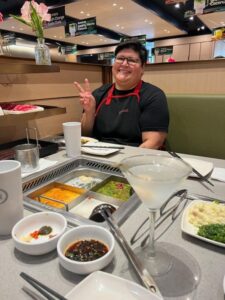
Can you tell us a little bit about yourself and your background?
I’m originally from San Diego, California, where I lived a very charmed life in the sun growing up. In truth though, I don’t actually care too much for hot sunny weather despite my people coming from Peru and Costa Rica.
I left all that behind to move to Seattle with my wife in 2017, looking for new experiences and opportunities. It’s been an interesting learning curve, but overall it’s so beautiful here, and I actually love the weather.
When I’m not working, my two passions are writing and food. In my younger years, I worked in film, supporting independent filmmakers. About 10 to15 years ago I got into screenwriting and before the pandemic I was doing the whole thing, flying to LA, networking, and shopping my scripts. When the pandemic hit everything slowed down, and I changed my storytelling focus to stories that were more instant, like short stories and poetry.
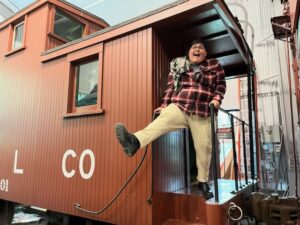
I’m also a huge foodie, it’s a big part of my life. I love trying new foods in new areas like Portland or Vancouver. I think learning about different cultures through their food is such a unique experience and I love sharing that food and culture with the people who made it.
What attracted you to Byrd Barr Place?
The highest priority for me was finding a job with diversity in the program and a real culture of community.
When I moved from San Diego, I didn’t fully appreciate how much community support I was leaving behind. Growing up, I was always surrounded by my culture, and my mom made it a point to instill in us how important that was.
I moved here and suddenly all of that was gone. My first job in Seattle was at a tech start-up that was very white and very male – it didn’t take me too long to realize I needed something different.
When I interviewed for the role here at Byrd Barr Place one of my first questions was, “What does community mean to you?” After hearing about the team, how intentional the sense of care was, and the incredible diversity of the folks we serve, I knew this was the place for me.
The Energy Assistance Program is now open for the 2023-2024 year. What do you like about this program? Do you have a story or memory of how you’ve positively impacted the life of someone in the community?
Growing up, I had no idea these kinds of programs existed. My mom worked hard as a single mother, and despite months where money was tight, she would create culinary miracles from simple ingredients while we tried to pay our bills. These programs genuinely change lives, and it’s always rewarding to connect folks not only to energy assistance but to any of the services we offer.
Recently, we had a client that reminded me of my mom. She was in her 70s and worked as a housekeeper in a local hospital. Although we didn’t speak the same language, we could see and feel each other’s humanity. It meant a lot to me to be able to help her out. We obviously couldn’t solve all her problems but we were able to help with some.
We aren’t able to help everyone with everything, but we are able to help someone with something, and you have to count your wins.
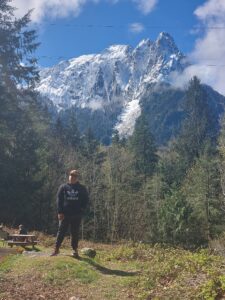
Hispanic Heritage Month just ended and Native American Heritage Month is just beginning, why do you believe solidarity between communities is important?
Solidarity has always been key.
When you dig into the histories of Black, Indigenous and people of color (BIPOC) communities, there is a long record of crossover and support. As an individual, I believe in being an active ally, learning what I can about people coming from different backgrounds, and taking that knowledge back to my community to foster inter- and intra-community learning, understanding and healing.
What is your vision of an equitable future?
An equitable future is one with a focus on sharing resources, knowledge and leadership.
In all these things it’s about identifying who needs what, who is not being represented and moving those needs and those people towards the center.
In a perfect world, my job wouldn’t exist, we would simply provide folks with the money and resources they need – and I wouldn’t have to do a bunch of paperwork for the government.
I could spend my time writing instead!
Do you have a quote or a mantra that inspires you?
I firmly believe that we have to fight for our joy every single day.
I don’t mean that in terms of endless struggle, but if eating that cupcake is going to make you happy, eat that cupcake! You have to make a conscious effort to enjoy things, find joy and protect your happiness.
